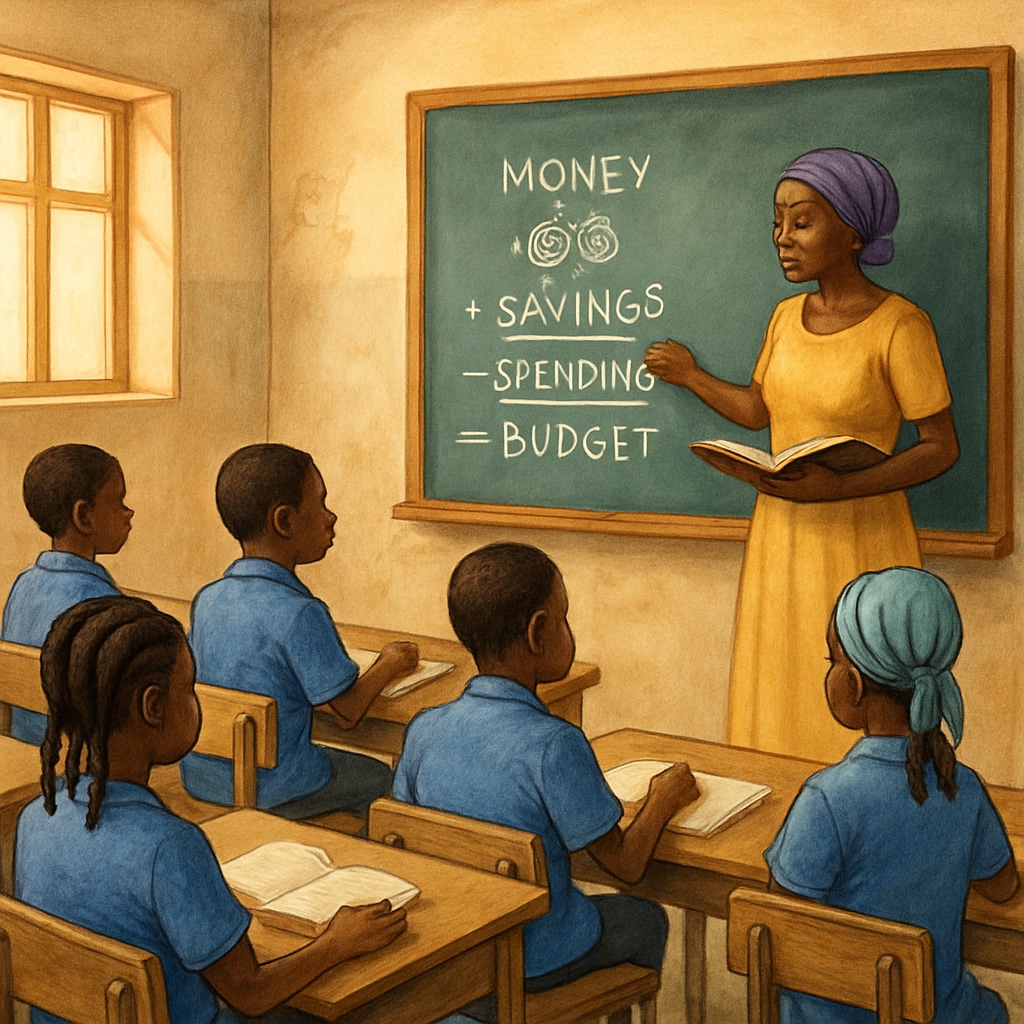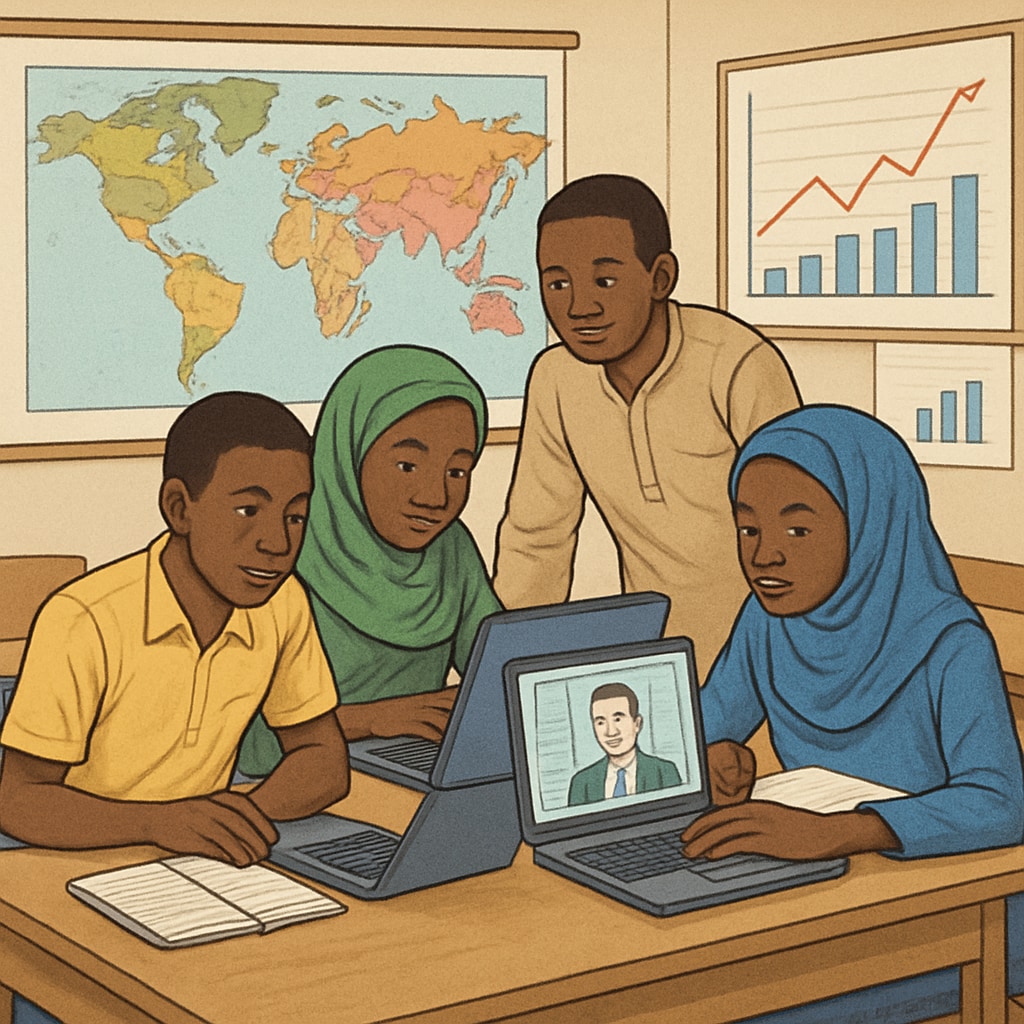For students in developing countries like Mali, pursuing a financial career often feels like navigating a maze with limited guidance. Access to quality education, especially in the K12 system, is uneven, creating disparities in career readiness. Moreover, introducing international perspectives during these formative years can be a game-changer, setting students on a path toward success in globally competitive professions. This article explores how K12 education can address these challenges and provide the tools necessary for financial career success while uncovering the opportunities that international exposure offers.
Why K12 Education is Crucial for Financial Career Preparation
In any country, the K12 education system lays the foundation for future career paths. In Mali, however, limited access to resources and qualified teachers creates significant hurdles for students aspiring to enter professional fields like finance. Without a strong foundation in mathematics, economics, and critical thinking—core skills required for financial careers—students may find themselves at a disadvantage when competing in the global workforce.
Early exposure to financial literacy and international career opportunities can inspire students to dream bigger. For example, integrating real-world applications of finance, such as budgeting and investment basics, into the curriculum can ignite student interest. Additionally, partnerships with international organizations could provide insights into global markets and encourage a broader worldview.

Uneven Educational Resources: A Major Barrier
One of the most significant challenges in Mali’s K12 education system is the inequality in resource distribution. Urban schools may have access to better infrastructure, textbooks, and qualified teachers, but rural schools often lack these essentials. This disparity directly impacts the quality of education and, subsequently, the career choices available to students from underprivileged backgrounds.
For instance, students in rural areas may not have access to advanced mathematics or economics courses, which are essential for a career in finance. To bridge this gap, governments and NGOs can implement targeted programs that provide digital learning tools and teacher training in underserved regions. These initiatives can help level the playing field and give all students a fair chance at pursuing their ambitions.
For more insights into educational inequality, check out this article on educational inequality from Wikipedia.
International Exposure: The Key to Expanding Career Horizons
In addition to addressing local challenges, K12 education systems in Mali and similar countries must also focus on integrating global perspectives. International exposure can significantly enhance a student’s understanding of financial systems and career opportunities beyond their local environment.
Programs that promote cultural exchange, such as scholarships for study abroad or virtual classroom collaborations, can be transformative. For example, a student who participates in an international economics competition gains not only knowledge but also the confidence to compete on a global stage. Similarly, partnerships between Malian schools and international institutions can facilitate access to advanced educational resources and mentorship opportunities.

Making the Right Choices for a Financial Career
For students in Mali who aspire to financial careers, strategic planning is essential. Here are some actionable steps for students and educators:
- Focus on Core Subjects: Prioritize mathematics, economics, and communication skills in the curriculum.
- Leverage Technology: Use online resources and e-learning platforms to bridge gaps in local education.
- Seek Mentorship: Collaborate with professionals in the financial sector for guidance and inspiration.
- Explore Scholarship Opportunities: Apply for international programs that offer financial and educational support.
For more on global education programs, visit this Britannica article on international education.
Conclusion: A Path Forward
While the challenges of pursuing a financial career in Mali are significant, they are not insurmountable. By focusing on improving K12 education and integrating international perspectives, students can overcome barriers and unlock their potential. Financial careers, though demanding, offer opportunities for personal and community growth, making them a worthwhile pursuit for young minds in developing regions.
As Mali continues to address its educational inequalities and embrace global collaborations, the future looks brighter for students aiming to excel in the financial sector. All it takes is a commitment to fostering global perspectives and providing equitable access to quality education.


